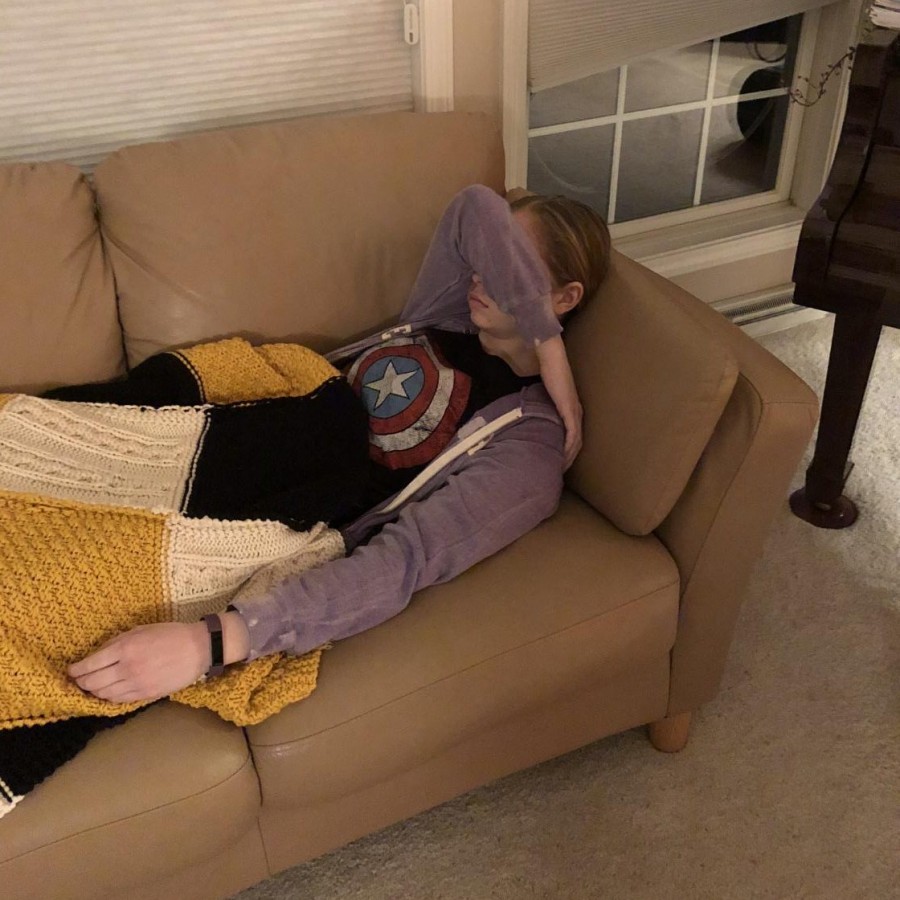For years people have said that cracking knuckles can result in arthritis and affect bones long term. This has been debated back and forth between generations, but it’s time for the end to come.
Cracking or popping knuckles is simply bursting bubbles of synovial fluid which lubricates joints. This has been proven to be unharmful to joints and can relieve a lot of pain. The only negative effect of cracking your knuckles that has been proven is reduced grip strength.
While cracking your knuckles is not harmful, cracking your own back or neck can be a different story. Many people crack their own neck or back when they’re in pain or stiff. This can be extremely dangerous if precautions are not taken.
Junior Jessi Meyer hurt her neck earlier this month. “I was laying in bed when I just felt like cracking my neck. I did it at a weird angle and twisted it too hard and ended up moving my C2 vertebrae over to the right,” she said.
Cracking your back or neck should not be painful. Doctors recommend that if you do crack your back then you should not force it. This should be a pain free action that is not forced in any way.
There is no link between neck cracking and arthritis that has been found yet. Many doctors recommend that instead of forcing your back to crack, you should hold a stretch for 20 seconds and release. It is also suggested that you see a professional if the pain continues.
Everyone has different reasons for cracking their joints. Meyer often cracks her neck and back and has made it a daily routine. “I crack my neck because I have kind of made it a habit,” she said. Others do it as a nervous tick or just because they’re bored.
Junior Sophia Linquist cracks her neck and back for a different reason, “I crack my neck and back because with all the stress I get from school and extracurricular activities my body tends to tense up a lot and cracking them relieves the tension,” she said.
Whatever the reason for cracking joints, it is important to be aware of the risks.









